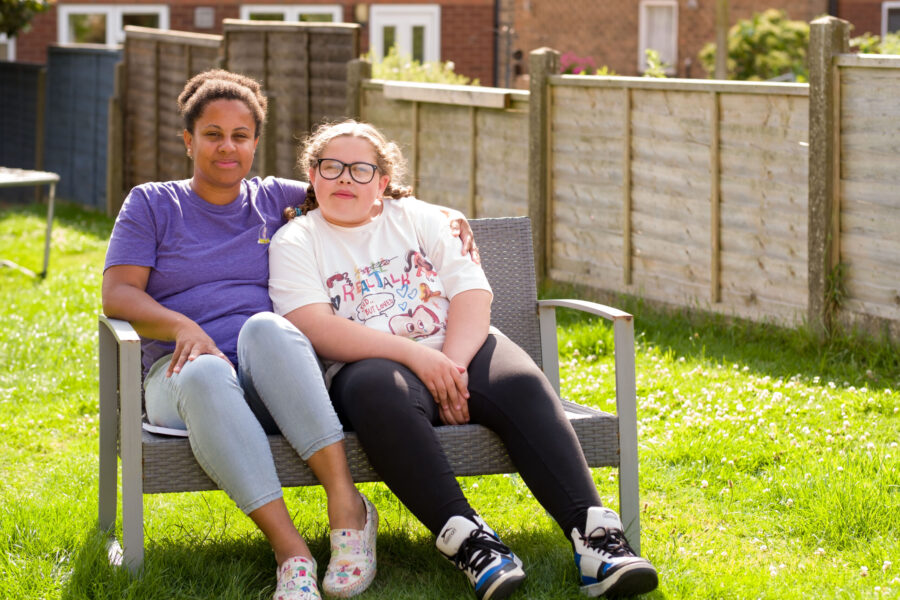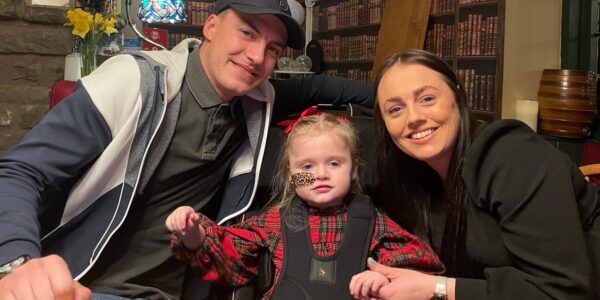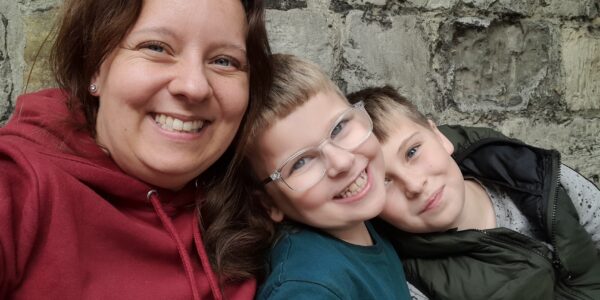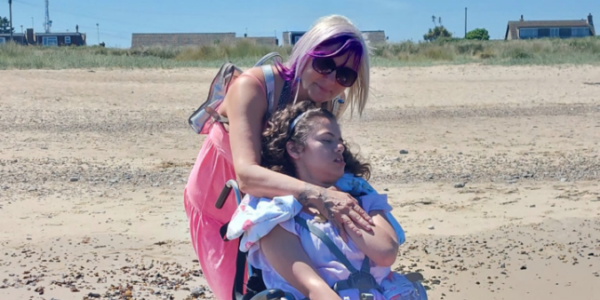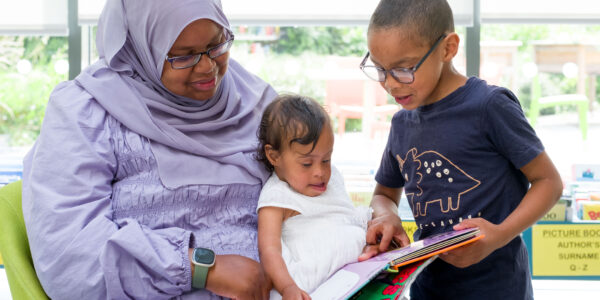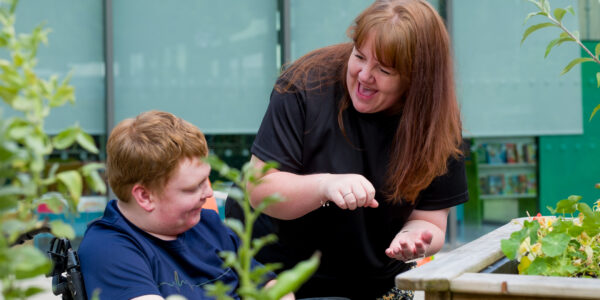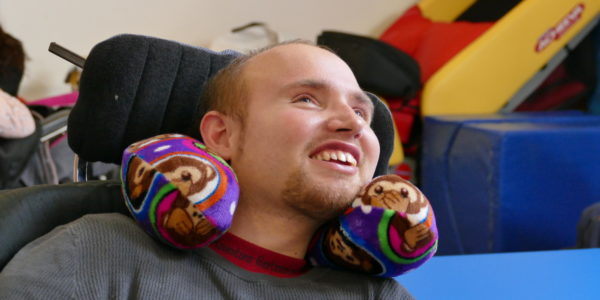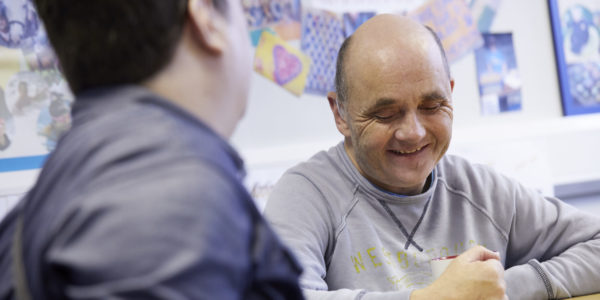Visual transcript of Lowri’s story
Carers of disabled family members do an incredible job, but providing round-the-clock care to loved ones without any time out is exhausting.
Like everybody else, carers deserve a break from their responsibilities.
They need time to rest, reconnect with family and friends and work on other tasks.
But right now, more than 65% of carers say they’re burnt out or exhausted.
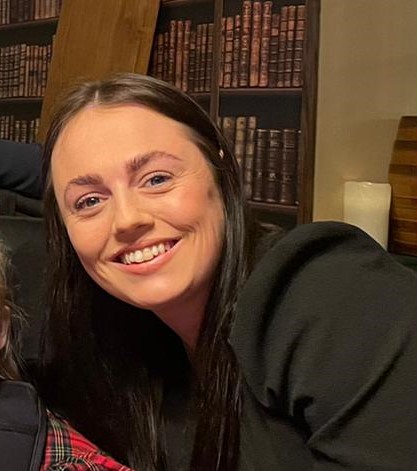
“I would just love a few hours or days where I could relax, and not have to be so alert and constantly thinking about someone’s needs. It would really help me to unwind.”
Lowri, full-time carer to Mia. Read Lowri’s story.
How can carers get a break?
In order to take a break from their responsibilities, carers need respite care for the people they care for.
This could be a few hours support for the person being cared for to do fun activities, or longer care overnight. This means that the disabled person also gets a break, and is properly cared for.
Respite care is offered by local authorities. But many people struggle to access the care they’re entitled to.
A lack of long-term funding, poor information and support and a gap in specialist services is leading families of disabled people to burn out.
One in five family carers of disabled people can’t remember the last time they had a break.
We want all family carers to be able to take a break when they need it.
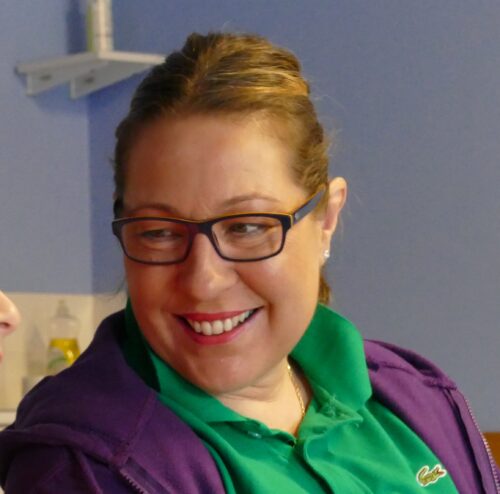
“Accessing respite care is a tough process. You don’t have to do it alone. Don’t be afraid to ask for help.”
Ruth Bennett-Anderson, operations manager at Sense. Find out Ruth’s top tips for accessing respite care.
What we’re calling for
- Long-term funding from the government for respite care.
- Consistent information and support around respite care from local authorities.
- More awareness of how invaluable carers are, and why respite care is so important.
Stories from carers
A huge thank you to all the carers that helped support our campaign and get the message out across TV, radio, newspapers and social media.
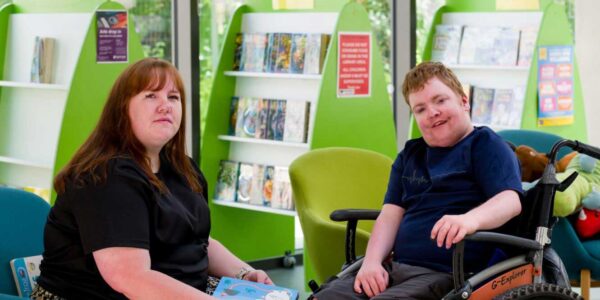
Laura and Matty
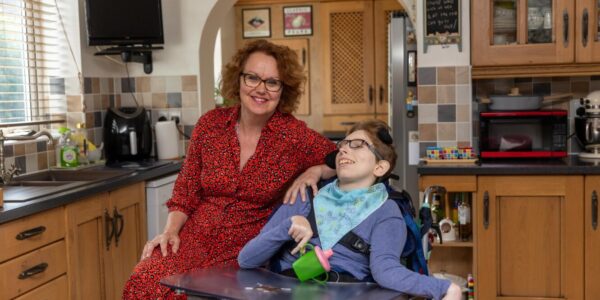
Julie and Natalie

Hajara, Talhah and Habiba
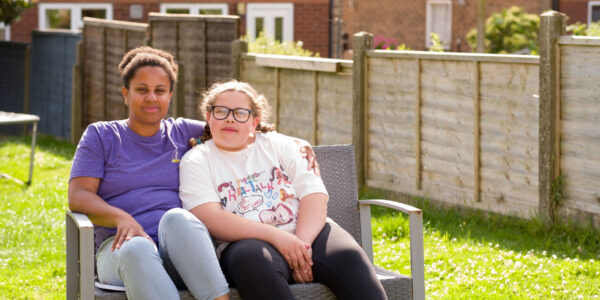
Chantel and Madison
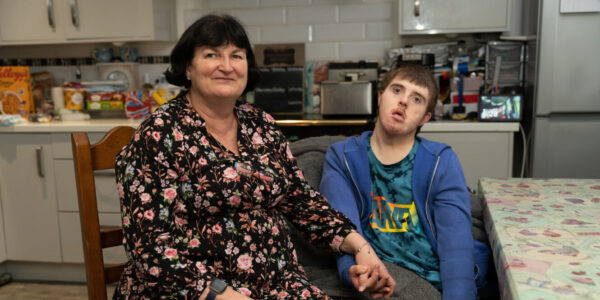
Morag and Harry
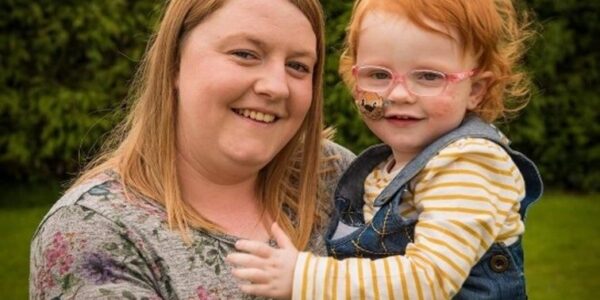
Josie and Paige

Saeed and Azhar
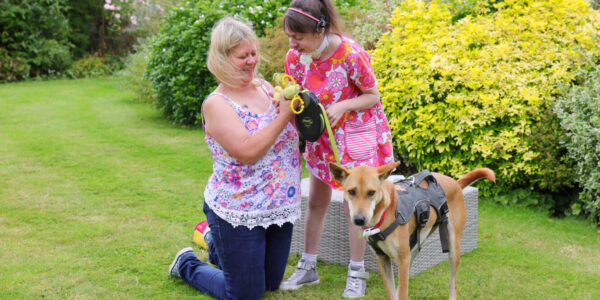
Rebecca and Nicola
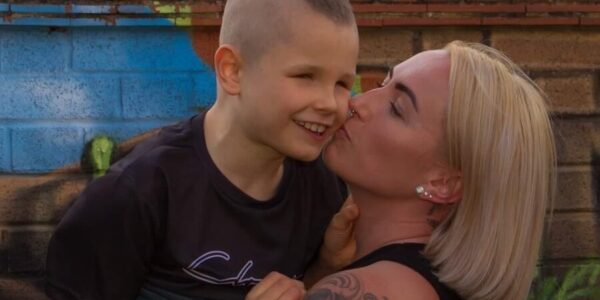
Carla and Cameron
Find out if you’re entitled to respite care
Navigating the social care system can be confusing and isolating. Our information and advice pages are here to help guide you through the process:
You can also contact us for information and advice.

